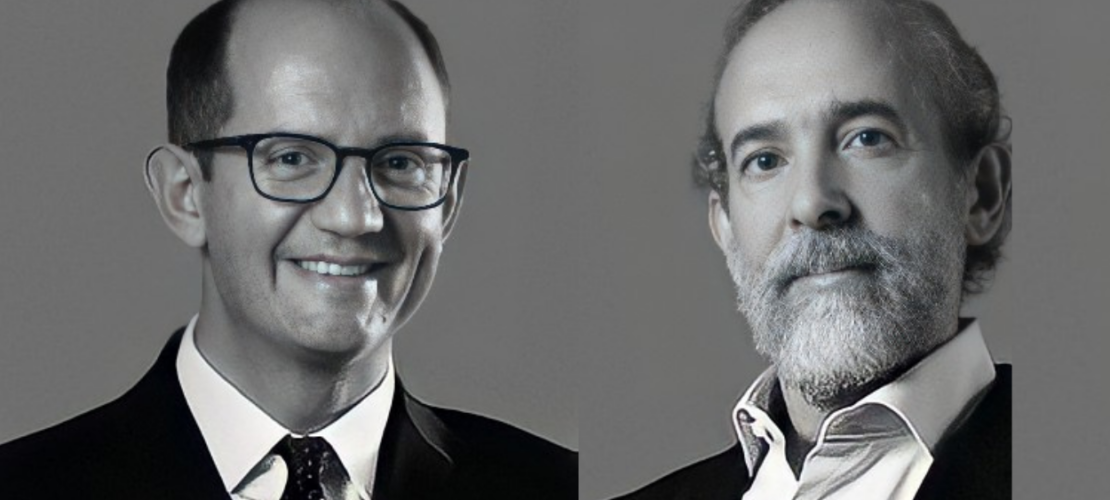It’s good to talk
By: Michael Heron
Nuno Castelão, Martim Krupenski, Rita Rendeiro and Raquel Sampaio are the founders of Direito Mental the first and only association focused on promoting mental health in the Portuguese legal community.
The irony wasn’t lost on the four founders of Direito Mental. The only time we could find to schedule this interview was very late on a Wednesday evening.
The work of a lawyer never stops. Nuno Castelão, a consultant at Allen & Overy and a former senior associate at VdA, was inspired to start Direito Mental. This was due to his own personal journey. He soon realised that he wasn’t alone. The other three founders were quick to join him, share their experiences and create a project to provide mental wellbeing and support. While the profession isn’t the only sector exposed to challenges related to emotional, psychological, and social well-being, lawyers are clearly at risk.
This interview showcases the importance of open communication, transparency, empathy and respect in our legal community. If you are a private practice/ in-house lawyer, work at a law firm in Portugal and are concerned about your mental health, you are no longer alone.
What inspired you to create Direito Mental?
Nuno Castelão (NC): It was from my own personal experience with mental health challenges. I’ve always struggled with anxiety and had trouble with sleeping since I was a child. Three years ago, I suffered from a burnout, which was a very humbling and difficult experience.
The immediate impact was chronic insomnia and anxiety. I was off work for around eight months. When things got better, it was very clear to me that I had to do something to try and change the state of things in Portugal. I have a lot of experience working in the London legal market, and it was quite ridiculous to see things were a million times worse in Portugal, compared to the UK, with regards to awareness surrounding mental health. In Portugal we are a long way behind. By way of example, LawCare, a mental wellbeing charity for the legal community in the UK, is 25 years old. Direito Mental is just four weeks old.
Was LawCare involved at all in your project?
NC: I first started speaking with LawCare a couple of years ago and asked them if they could do the same kind of work in Portugal. They were not able to accommodate this request but were very helpful in sharing their knowledge and experience which inspired me to implement the idea for this project. The first person I approached was Martim Krupenski, and both he and ML were very interested and supportive of the project. Soon afterwards Rita Rendeiro and Raquel Sampaio came on board, and brought an amazing amount of energy and motivation.
Why are lawyers so vulnerable and susceptible to mental health issues?
Martim Krupenski (MK): I don’t think that lawyers are more vulnerable to mental health issues compared to other professions in the professional services arena. Everyone who works with their brains for a long time and under stressful conditions is at risk. But, we certainly are working in a stressful sector with long and demanding hours. One of my younger colleagues was struggling recently and asked for help. We provided them with support through coaching sessions, and one of the consequences of this was the realisation that they loved their work, but simply wanted to find a way to enjoy it more and not feel as stressed.
This vocation requires long hours, especially if you want to go all the way to the top, despite alternative career paths at some law firms emerging, which is positive. My main factor of stress is that we are always working under pressure.
CLICK HERE TO DOWNLOAD THE MAGAZINE AND CONTINUE READING THE ARTICLE












